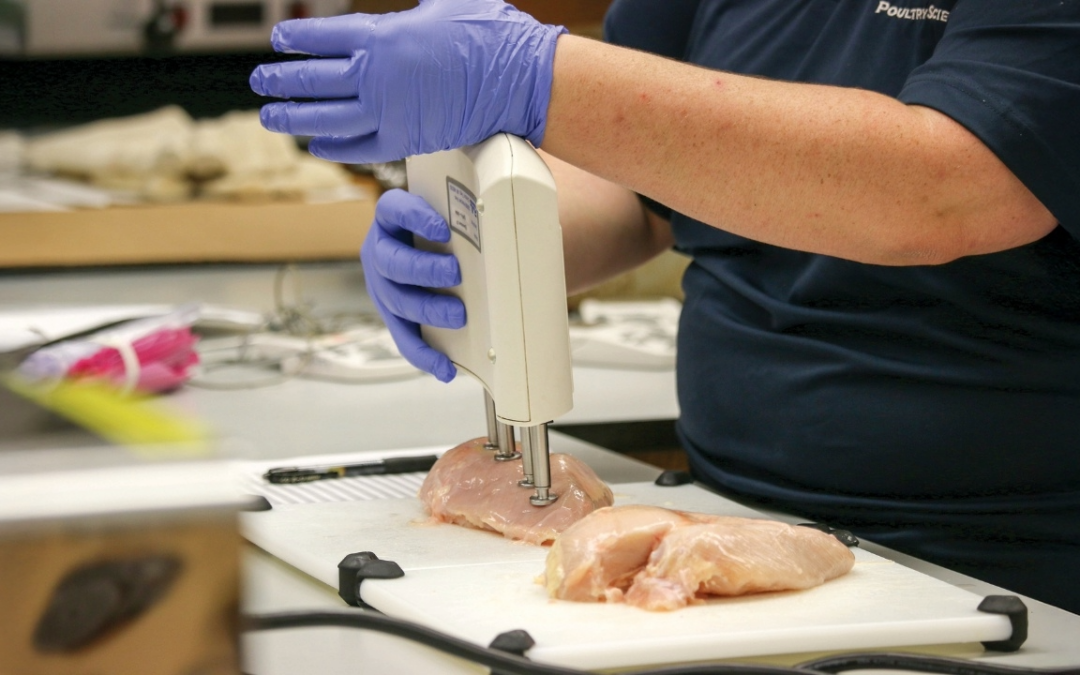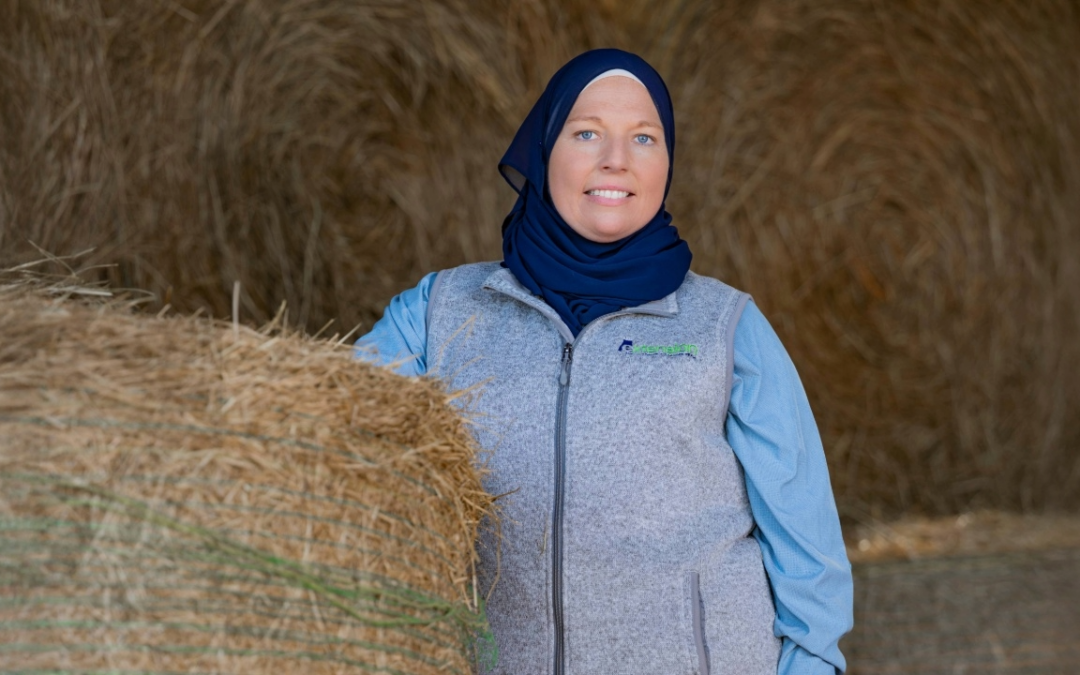By Steve Li
Cover crops can provide many benefits to peanut and cotton rotations in terms of suppressing weeds, conserving soil moisture for planting, increasing soil organic matter, reducing soil erosion and more. In fields where residual herbicides are used during the growing season, however, the establishment of cover crops can be negatively affected by herbicide residues.
The objective of a recent study Auburn University scientists conducted was to investigate the responses of six cover crops—daikon radish, cereal rye, coker oats, crimson clover, winter wheat and common vetch—to 12 soil herbicides commonly used in peanuts and cotton. The study was conducted at the Wiregrass Research Extension and Center in Headland and the E.V. Smith Research and Extension Center in Shorter from October 2016 to April 2017.
Growth parameters such as plant height, stand count and percentage of crop cover were evaluated at 50 and 145 days after planting, as well as a wet weight biomass at project termination at 145 days after planting. Herbicide treatments sprayed the day of planting included Dual Magnum, Warrant, Zidua, Strongarm, Cadre, Classic, Storm, Staple LX, Envoke, Direx, Caparol, Valor and a non-treated check. Each herbicide was sprayed at 10 percent of label rate.
Analysis showed significant growth reductions of 29.95 to 51.58 percent for stand counts in rye and 28.06 percent to 75.2 percent in wheat 50 days after planting for Dual Magnum, Warrant, Zidua, Strongarm, Cadre, Classic and Storm treatments.
Vetch showed significant stand-count reductions for all 12 treatments at 50 days after planting, ranging from 12.53 percent to 80.21 percent. Dual Magnum, Zidua and Warrant had the largest impacts on stand counts for all three cover crops mentioned above. At E.V. Smith, daikon radish showed significant reduction of 9.25 percent to 30.52 percent in plant heights 50 days after planting for Direx, Cadre and Classic.
At 145 to 149 days after planting, all of the cover crops recovered from herbicide damage and did not show any significant treatment differences in any of the growth parameters collected at the end of the trial. Oats showed the most tolerance; no herbicides affected any growth parameter evaluated throughout the study.
Based on the study’s findings, we recommend producers use oats as a cover crop when there is a concern about residual herbicide injury.
Steve Li is an Extension specialist and assistant professor with the College of Agriculture’s Department of Crop, Soil and Environmental Sciences.




